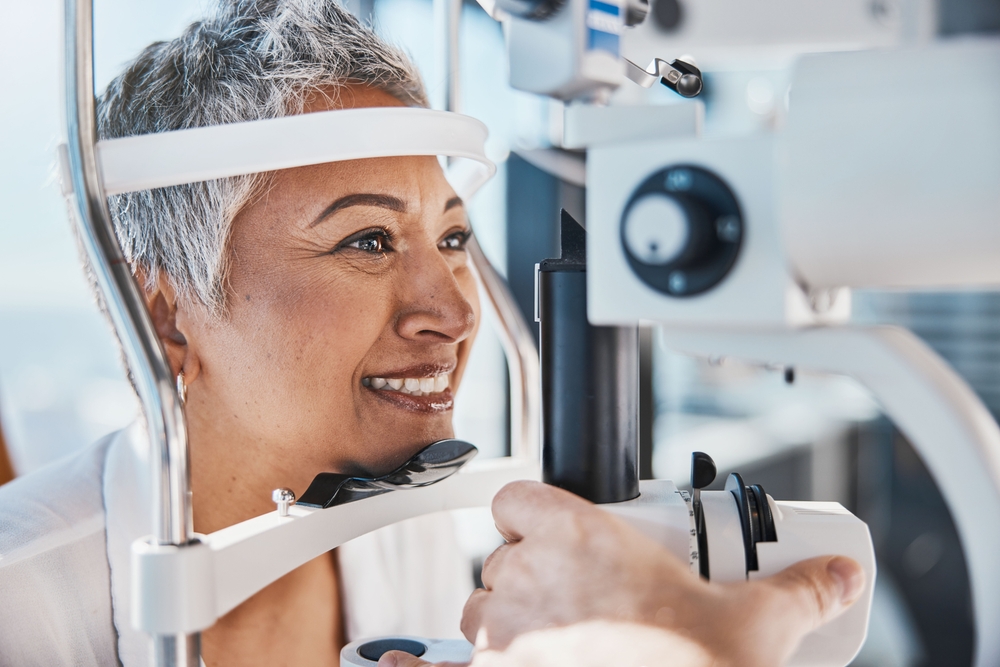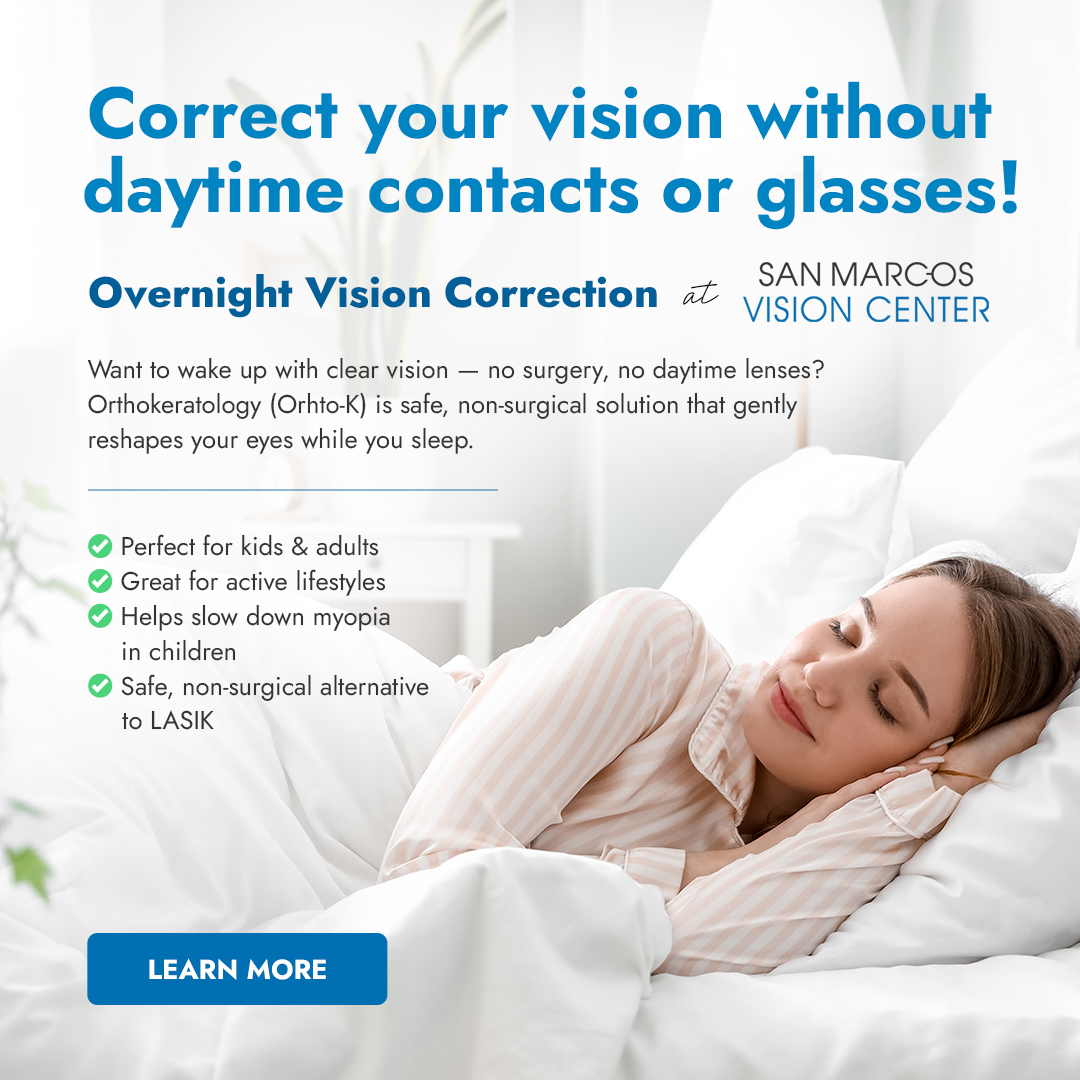
Regular eye examinations are crucial in maintaining optimal ocular health. Many people tend to underestimate the importance of these check-ups and downplay the potential dangers that can be avoided with them. As with any medical routine, knowing what to expect during an eye test can alleviate any anxiety or uncertainty. So, without further ado, let's explore what is involved in an eye exam.
What Exactly is an Eye Exam?
Eye check-ups, or eye examinations, encompass a series of tests conducted by an optometrist or ophthalmologist to assess your vision. These tests evaluate how well you can focus and identify individual objects. However, an eye exam is so much more than that. It also includes checks for common eye diseases, evaluates how well your eyes work together, and importantly, assesses your overall eye health.
What Does an Eye Exam Evaluate?
Eye examinations are a critical aspect of maintaining your overall eye health. These evaluations perform a thorough check of your eyes, aiming at revealing any potential issues and ensuring optimal vision.
Eye Functionality
An essential aspect of an eye exam is assessing the functionality of your eyes. This includes a check for refractive error (how light waves pass through the cornea and lens of the eye), visual field (how much you can see on either side without moving your eyes), and eye muscle movement.
Color Vision
Another critical test often performed during an eye exam is a color vision test. This test assesses your ability to distinguish between colors and can help detect color blindness and other eye health issues related to color vision.
Vision Sharpness
The primary purpose of an eye examination is to assess your visual acuity, i.e., how clear your eyesight is. The optometrist uses various techniques to evaluate how well you can view things at a distance and up close.
Eye Health
Eye exams are about more than just the clarity of vision. By closely examining the different parts of the eye, your optometrist can make sure they're all functioning as expected and detect any potential signs of disease or damage early.
Eye Muscle Strength and Coordination
Sight isn't just about the eye itself but also the muscles controlling it. By checking your eyes' coordination and your muscles' strength, your optometrist can make sure you're moving your eyes properly without any undue strain.
Potential Symptoms of Other Health Conditions
Remarkably, your eyes can offer a window into your overall health. An eye exam can potentially reveal signs of various health conditions such as high blood pressure, diabetes, and even cardiovascular disease.
The Professionals Involved
When it comes to eye health and care, several different specialized professionals are involved. These eye professionals, with their unique duties and roles, collectively strive to ensure the best eye health for you.
Optometrists
These are eye care professionals who specialize in understanding the eye's structure, common eye diseases, and conditions. Optometrists are trained to conduct eye exams, prescribe corrective lenses, and diagnose diseases and other eye conditions.
Ophthalmologists
Ophthalmologists are medical doctors specializing in eye and visual system care. They offer total eye care services, including conducting routine eye exams, prescribing corrective glasses or contact lenses, performing eye surgeries, and diagnosing and treating eye diseases.
Opticians
Though they don't usually conduct eye exams, opticians play an essential role in your eye care regimen. Opticians use prescriptions from your optometrist or ophthalmologist to choose and fit eyeglasses and frames for patients.
The Importance of Regular Eye Exams
Regular eye examinations play a crucial role in maintaining eye health. They help to detect potential eye diseases early, which can lead to more effective treatments and minimize the risk of long-term damage. Early identification of vision problems also ensures that you can continue to lead an optimum quality of life. Let’s explore the importance of these check-ups in depth.
Early Detection of Eye Diseases
Many eye diseases, such as glaucoma and age-related macular degeneration (AMD), can develop slowly without noticeable symptoms. Only a comprehensive eye exam can reveal these conditions early, allowing for timely and more efficient treatment.
Optimal Vision Correction
Regular eye exams ensure your prescription for eyeglasses or contact lenses is accurate and up-to-date. Wearing the incorrect prescription can lead to eyestrain, headaches, and discomfort. An updated prescription guarantees optimal vision and comfort.
Identification of Systemic Health Issues
Often, the eyes can reveal signs of systemic health problems. For example, diabetes, high blood pressure, high cholesterol levels, and even some autoimmune diseases can be detected during a comprehensive eye exam. These health issues, if left unchecked, can lead to severe complications, and catching them early can be life-saving.
Monitoring Changes in Eye Health
As you age, your eyes naturally undergo changes, and your risk of developing certain eye conditions increases. By having regular eye exams, you can monitor these changes and ensure that any necessary adjustments are made to maintain your sight and eye health.
Ensuring Children's Visual Development
For children, regular eye exams are critical for their academic achievements and overall well-being. Early detection of visual impairments or eye conditions ensures timely interventions and support, allowing children to reach their full potential.
How Often Should You Schedule an Eye Exam?
The frequency of eye examinations depends on various factors, including age, medical history, and family history of eye conditions. Here are general guidelines based on age:
● Infants should have their first eye exam at six months of age.
● Children should have an eye exam at three years of age and again before starting school.
● School-aged children and adolescents should undergo an eye exam every year.
● Adults aged 18-65 should have an eye exam every one to two years.
● Adults aged 65 and older should have an eye exam every year.
Remember, these are general recommendations. Your eye care professional may recommend a different schedule based on your individual needs.
What to Expect During the Eye Examination
The specifics of an eye exam can vary depending on the practitioner and the patient's individual needs. However, most will generally involve the following stages:
Medical History
The examination usually begins with the optometrist reviewing your medical history. You will be asked questions about any vision problems, your work, your lifestyle, and your overall health. Your family's eye health history is also important as some eye conditions can be inherited.
Initial Testing
The optometrist will conduct a series of preliminary tests, which may include evaluating your depth perception, color vision, eye muscle movements, peripheral (side) vision, and how your pupils respond to light.
The Snellen Chart
Subsequently, you'll likely encounter the Snellen chart, a staple in every optometrist's office. This chart, featuring a series of letters of decreasing size, assesses your visual acuity—simply put, how well you see at various distances.
Refraction Testing
Following this, the optometrist may conduct a refraction test to determine the appropriate lens power you need to compensate for any refractive error (nearsightedness, farsightedness, or astigmatism).
Slit Lamp Exam
A slit lamp test allows the optometrist to get a magnified view of the structures at the front of your eye using a microscope that shines a thin sheet of light into your eye (hence the name "slit lamp").
Glaucoma Test
The intraocular pressure (IOP) check, commonly known as the "puff of air" test or non-contact tonometry (NCT), measures the pressure inside your eye and can detect glaucoma.
Final Discussions
Afterward, the doctor will discuss the results of all these tests with you, outlining any issues detected and potential treatment options.
Conclusion
An eye examination is simply more than a vision test; it is a vital health check that should be part of everyone’s medical routine. The process may sound intense, but in actuality, it is quick and painless. So, get those peepers checked and ensure they’re as healthy as they can be. Many eye problems and diseases can be treated if caught early, so don't neglect your regular eye exam!
Maintaining eye health is just as important as keeping the rest of your body fit and well; never think of it as secondary. With this comprehensive guide, you are now equipped with the information to expect during your next eye exam.

 Specialty Contacts
Specialty Contacts





